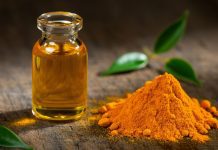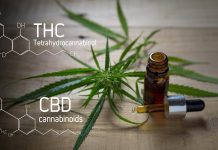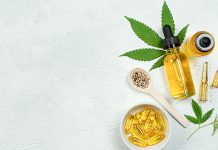
Breastfeeding can cause concern for many nursing mothers, and those that need to use medical cannabis will wonder whether it will be harmful to their baby.
As more countries legalise recreational and medical cannabis use, and increasingly decriminalise cannabis, the risk to the growth and development of breastfeeding infants whose mothers use cannabis becomes a growing public health concern.
The critical role that certified lactation consultants (CLCs) could play in postpartum management of cannabis use and a Call to Action to expand the role of CLCs has been published in Breastfeeding Medicine, the official journal of the Academy of Breastfeeding Medicine.
Using cannabis whilst breastfeeding
The article, entitled Management of Cannabis Use in Breastfeeding Women: The Untapped Potential of Certified Lactation Consultants, highlights the role of CLCs; specialised healthcare professionals who provide evidence-based support for the clinical management of breastfeeding.
The authors encourage obstetricians and paediatricians to partner with CLCs to help identify women who are using cannabis while breastfeeding and to provide education and counselling to encourage them to suspend or at least minimise cannabis use while nursing.
Data have shown that the active ingredient in cannabis is transferred to the infant via breastmilk and remains in the infant’s system for about 6 days, raising concern what adverse effect it may have on the infant’s long-term growth and neurodevelopment.
Arthur I. Eidelman, MD, editor-in-Chief of Breastfeeding Medicine, states: “CLCs are a potential asset to the healthcare team caring for the maternal/infant dyad, and because of their intimate personal involvement with mothers they can serve as the critical professional in guiding nursing mothers on the proper use of cannabis products.”
Research reported in this publication was supported by the National Institutes of Health.







